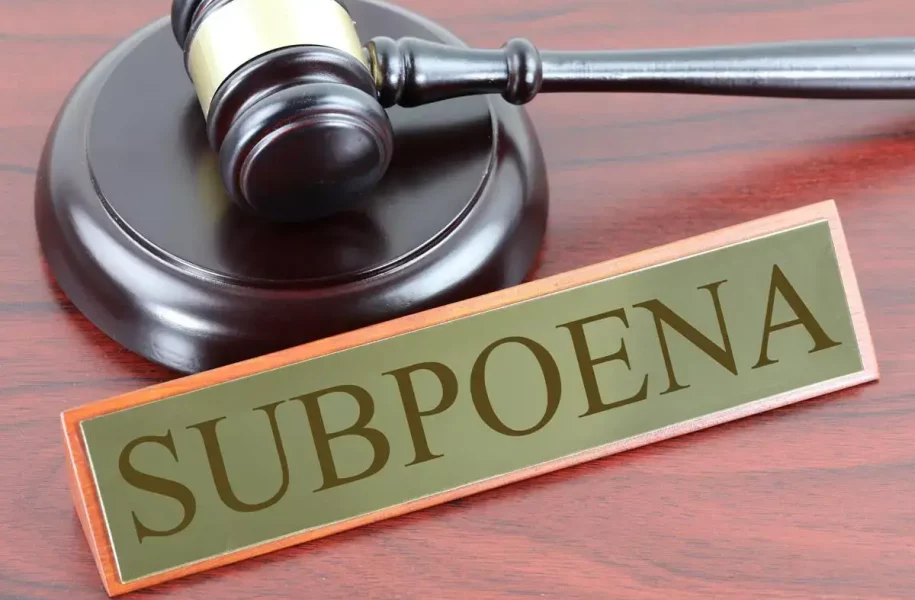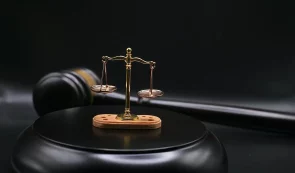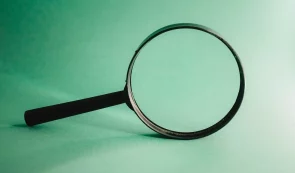Voyager Subpoenas FTX and Alameda Executives

Voyager Digital, a bankrupt crypto broker, has served subpoenas to former Sam Bankman-Fried and other FTX and Alameda Research executives.
The idea is to request a vast array of documents and information. The law firm Kirkland & Ellis served the warrants on behalf of Voyager.
Scope of subpoenas
The subpoenas have a broad scope, with Voyager’s lawyers seeking copies of any documents and communication between FTX entities, the Securities and Exchange Commission (SEC), or the Department of Justice (DOJ). In addition, the lawyers are seeking information relating to the loan portfolio between Alameda and Voyager and FTX’s financial condition before and after filing for bankruptcy on Nov. 11.
Executives served with subpoenas
Besides Sam Bankman-Fried, the other executives who were served subpoenas include former Alameda CEO Caroline Ellison, FTX co-founder Gary Wang, and FTX’s head of product Ramnik Arora.
They have been asked to provide the requested information by Feb. 17.
Financial ties between Voyager and Alameda
The financial ties between Voyager and Alameda are deep, with Alameda seeking to recover the $446 million it repaid Voyager.
In a Jan. 30 filing, Alameda argued that because it had paid Voyager back within 90 days of filing for its own bankruptcy, it could “claw back” the funds for the benefit of its creditors.
However, Voyager has claimed that its creditors suffered “substantial harm” after Alameda’s bid for Voyager’s assets that it could not honor, which cost the latter $100 million and rendered the former’s claim subordinate to those of its other creditors.
READ MORE: Almost Half of All Cryptocurrencies Will Go to Zero – Kevin O’Leary
Fee еxaminer to be аppointed
Meanwhile, United States bankruptcy judge Michael Wiles said he would appoint a fee examiner to look at professional fees in Voyager’s Chapter 11 case.
The judge reportedly suggested that the professional fees incurred within the bankruptcy case were higher than he expected, and the argument provided by the U.S. Trustee had convinced him that a fee examiner would be beneficial. However, Wiles also noted that an examiner could end up costing the estate more than it could save in other professional fees and recommended that a cap be put on the examiner’s own expenses.














